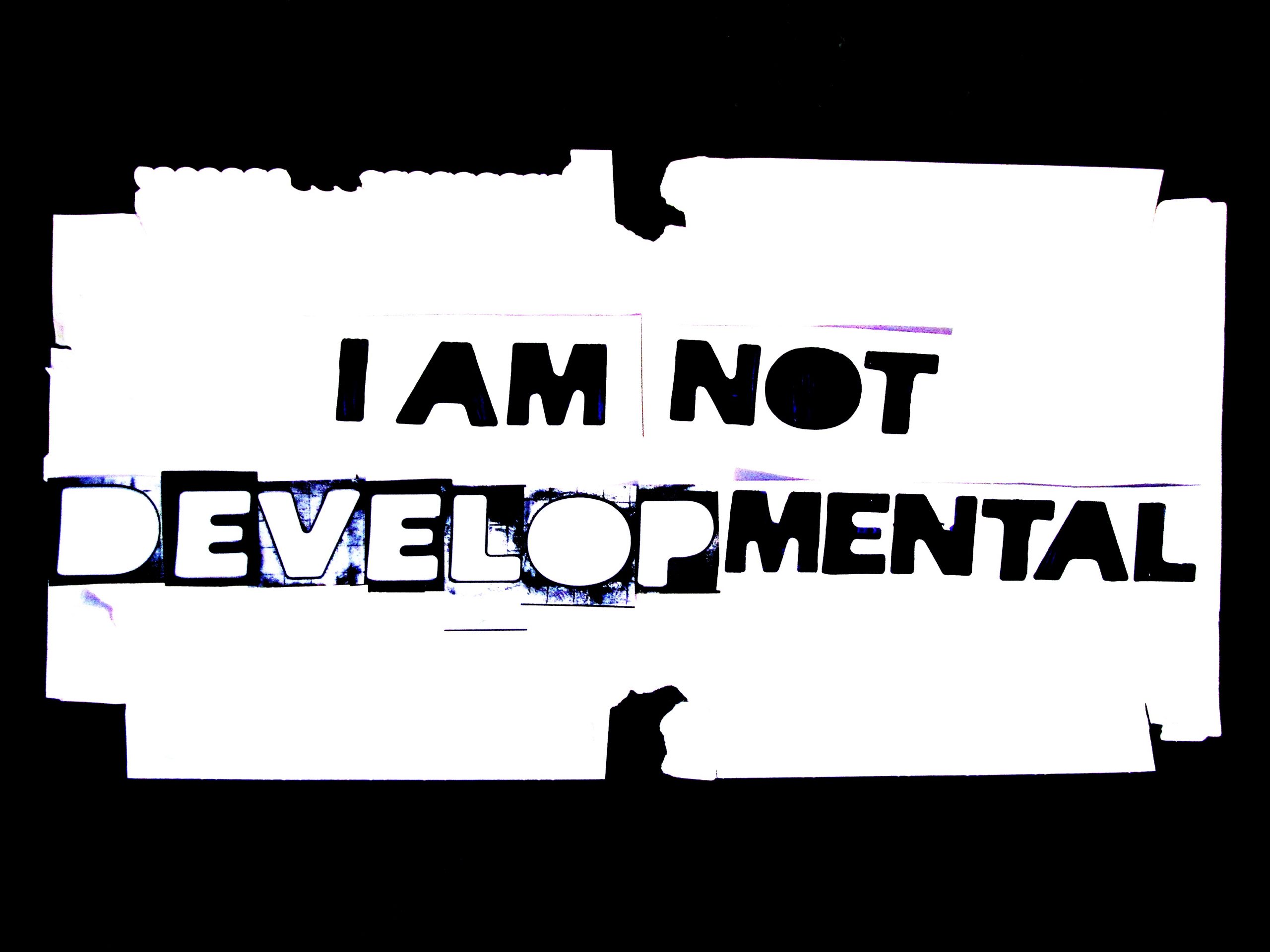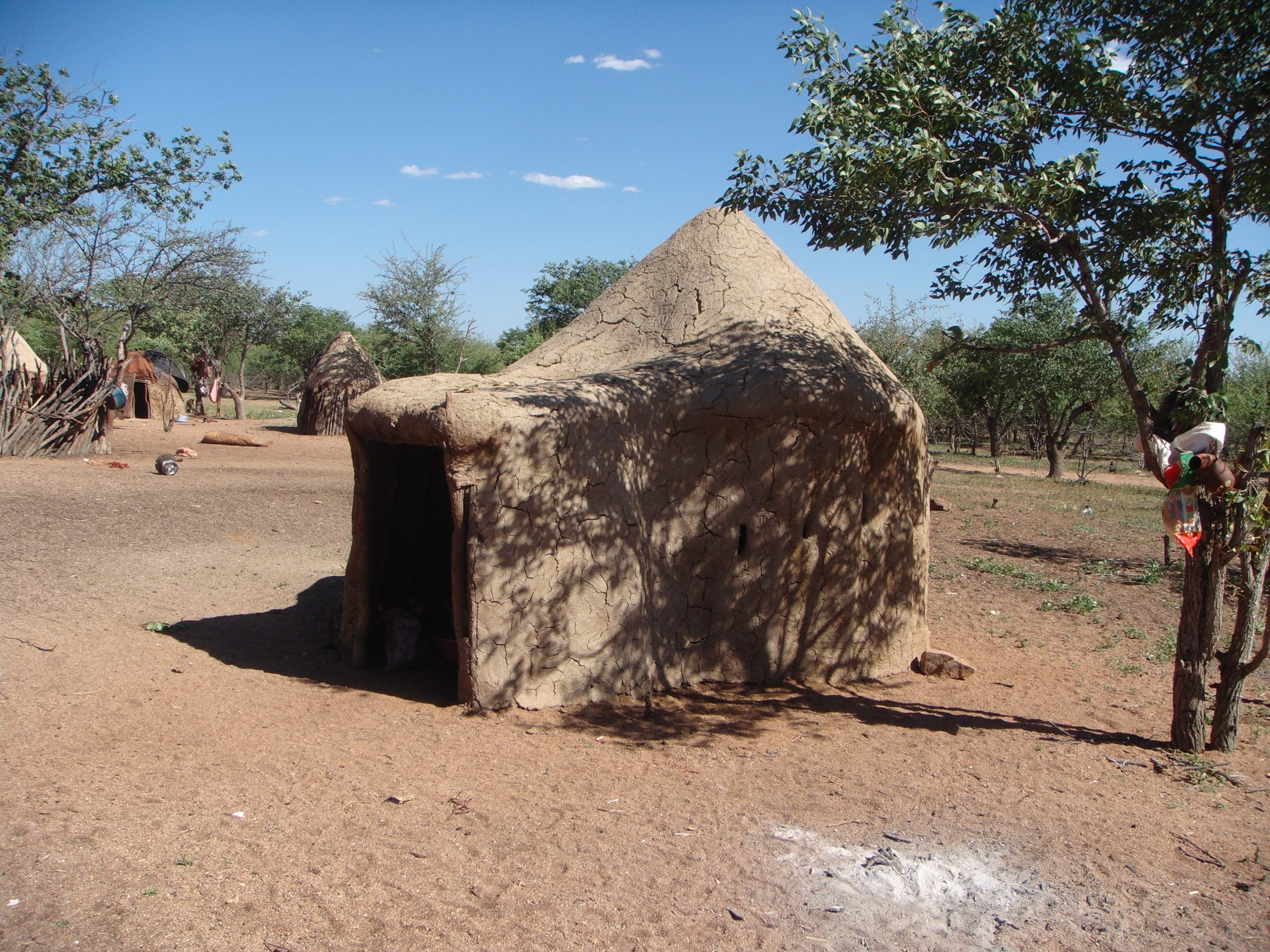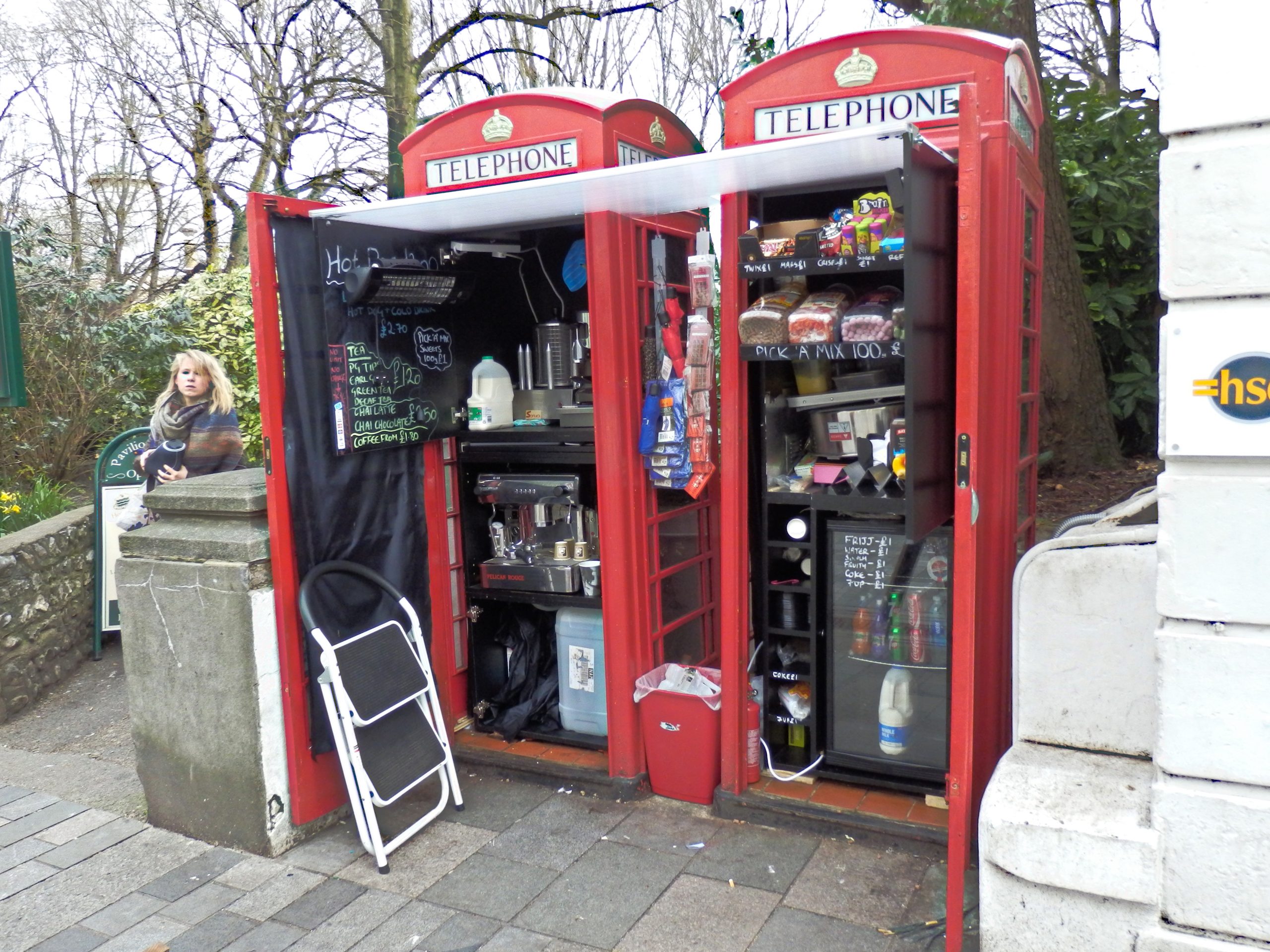
Burning charcoal has been with us since the dim past. Is it going to accompany us into the 22nd century as a chief source of energy in Africa? (Image by World Agroforestry)
Nearly fifty years ago, a Guyanese professor –the great Walter Rodney- wrote a book that has served as the hymn book for students of development studies ever since. The title is as enlightening as it is indicting. My thought got provoked in the recent few weeks by both the social and mainstream media, and I could not help remembering the title of Rodney’s book: How Europe Underdeveloped Africa.
The Mother of Raw Material

Digging for raw material from the earth. Is that Africa’s specialty? (Image by Snowcast)
There is a clip doing rounds in social media and it happened to land in one of my inboxes. It is the coverage of a lecture delivered in 2015 at the Hague by Prof. Howard Nicholas, under the auspices of the Critical Collective. In this lecture, he explains quite in line with Rodney’s trail of thought, the plan by the world’s economic powers to stifle Africa’s growth in favor of their own development. The progress and higher standards of living being enjoyed by the developed world are almost exclusively attributed to the subordination of Africa to the position of raw material producers and nothing more. I have seen this being celebrated in a number of academic circles in Kenya, but have so far reserved my comment.
Is A Robot Going To Take Away My Job?

Humanoid robot. Do they pose risk to human employment? (Image by Osama Ishtiaq)
The second mind stimulant has been a video I watched on another social media platform, which is about my pet subject; A.I. In this particular one, there are a number of stories covered. One is about a road experience on board a self-driven truck on some stretch of road somewhere in the United States of America. The other catchy story is how a food company has plugged into the available data, so as to leverage its production and supply. By developing an algorithm from the existing data, the company is able to attend to her customers’ demand for pizza, with sharp precision and negligible wastage.
An Arm and Leg for Clean Energy

Solar Energy Installation. New regulations discourage such a development in Kenya (Image by Solar World LLC)
Mind bender number three which I have been imbibing in the past few days has been the press, both local and international. Local media reports indicate that the Kenya Energy and Petroleum Regulatory Authority (EPRA)has come up with a raft of regulations that are perceived to stifle the growth of the solar and other renewable energy adoption by consumers. This comes on the heels of the 2012 resolution to put Kenya ahead in the consumption of green energy. The Kenya government even made it mandatory to have every new major building fitted with solar energy equipment. It is also the government’s promise to get every Kenyan home connected to energy other than bio-fuel by this year -2020. Kenya also ranks fifth in the world in regard to the generation and use of clean energy. It sits on the African continent as the big boy in this field.
Sizzling Gossip

Not all gossip is about vanity (Image by Vasiliy Terkin)
Fourth on the list of what I consumed for my mind was industry gossip. This is the best it could be called, since those who don’t like the content of the palavers would be comfortable if it were given a bad name as I have conveniently done. This is to do with the Kenya government’s phantom project called The Last Mile. It is a massive electrification program which aims to have electricity transmitted to the furthest end of Kenya. The Achilles’ heel for this program has been the inability of the connected consumers to afford the high electricity tariffs offered by the monopoly that supplies electricity in the country. This has led to a proliferation of infrastructure that has not contributed to a commensurate growth in the number of paying consumers of electricity. Many are the cases where the power company goes back to retrieve the meters from the already connected beneficiaries of the Last Mile, so as to connect the next stretch of the mile, in the hope that these will be paying customers.
Matter over Mind

Does the human mind influence the matter? (Image by Praveen)
In the linear consideration of things, Walter Rodney’s thesis makes perfect sense even in this century. It is a Newtonian theory of the trajectory of history, where the relationship between cause and effect is very direct, and material. From a psychological point of view, it is an acknowledgement of Sigmund Freud’s psycho-social human development theory that places emphasis on the assumption that whatever a person becomes is a result of their experiences in infancy. This is a truth, but not an absolute truth, given the recent developments in epigenetics. Quantum physicists have also demonstrated that the material world is to a large extent determined by the conceptual and mental world.
Creative Power

Creativity is the child of imagination (Image by Sean McEntee)
This view from quantum physics is not very new. Many centuries before Christ, the Buddha is quoted to have remarked “What you think, you attract, what you feel, you become; what you imagine, you create.” All the objects in our physical world emanated from the sphere of imagination. They first existed in someone’s mind and thereafter, they became a reality. All the social arrangement we have today, all the machinery and technology are born of human imagination. This is where the deterministic theory meets its Waterloo.
The Will to Do It

Lunar landing. They didn’t know how to do it, but had the will to do it. (Image by James Vaughan)
One form of America’s spoils of war during the Second World War was the battery of scientists and technologists that were poached from Nazi Germany. The putative father of the United States’ space program was one such acquisition. Wenher Von Braun is quoted to have given President Kennedy a very curt reply when he was asked about the possibility of sending a human being to the moon, and having them safely land back on earth. To this inquiry, the scientist answered in five words, free of any seasoning. He said “The will to do it.” That is a reply that resonates very well with our priorities in Kenya today; if Kenya could be representative of Africa.
Blame it on Fate or Destiny

Whatever you think and declare of yourself, you will always be right (Image by Al Shep)
The resolution to move away from carbon fuel and instead encourage increased use of hydroelectric power had good intentions. However, it was not the ultimate good in view of our potential in terms of green technology. Contemporary philosopher and teacher, Bob Proctor argues that people often use the idea of fate or destiny to absolve themselves of responsibility for their results. This is because it is easier to blame an outside entity or force, than to shoulder the blame yourself.
You Don’t Know That You Don’t Know That You Don’t Know

Ignorance is like a dark night. You never know what it holds (Image by Shadbab Shan)
Let’s consider the case of Rodney and Europe’s underdevelopment of Africa, placed beside some of the decisions being made by the Kenyan government in developing the energy sector. One thing that is totally lost to the government in its thinking is the breakneck pace at which development and obsolescence is taking place. In this column, we have been interrogating this phenomenon in relation to food production. The government is thus making prismatic decisions in a fashion that any Law of Attraction student will tell you, simply confuses the universe, and it can no longer deliver what you want, for you are sending signals that indicate that you don’t know that you don’t know what you want.
In the power gossip referred to here, there is indication that this is a typical case of organized chaos. A government comes forth to sabotage its own flagship project by refusing to leverage on its position as a continental leader in clean energy. How? The energy regulating body in Kenya (EPRA) has come up with stifling regulations for the solar energy sub-sector. This comes hot on the heels of recent reports indicating that many heavy consumers of electricity are switching onto solar energy in response to the high cost of erratic electricity in the country.
Thorn in Flesh is My Badge of Honor

Torture victim. Proud to preserve the evidence? (Image by Compo 2330)
Fiction writer Wilbur Smith wrote in his book When the Lion Feeds, that when a wise man is pierced with a thorn, he should pull it out and plod on. However, a foolish sojourner will leave the thorn in his flesh so as to parade it for all to see. The lack of Von Braun’s will and the fixation with the lurch onto Bob Proctor’s whipping boy syndrome leads to a decision making system that really questions Rodney’s theory on the underdevelopment of Africa in the twenty first century.
A look at a power bill from the Kenya Power company betrays a situation that leaves a lot to be desired. Some of the items there don’t make sense. You pay for, among other things, foreign exchange conversion and you are left wondering how relevant all that is while making payment to a local company for a local service. In short, the national power monopoly has been put in place to fleece the consumer, but not to provide reliable service. What with the incessant power outages? Solar energy would be a real game changer in this country.
Protecting Our Tradition of Unreliable Power

Charcoal cooking. (Image by Scott Andersen)
Imagine of all the benefits that would come with a reliable source of power. It is true that we exist in a global market that is skewed in Africa’s disfavor, but imagine what could happen if say Africa could easily trade with itself. In previous posts, we have pointed out how interconnected the global trade is, especially in a field like Macadamia production. Now that Africa is supposedly home to cheap labor, just how many service industries would turn to Africa for cheap services if we had reliable power to drive our economies; and provide service to the rest of the world? In response to the outbreak of COVID-19 and the odium directed at culture, there have been reports of foreign companies relocating from China. Some of the factors considered for the next location of the industries exiting China include reliable power supply. One would expect that this is one of the lessons that would encourage a supposedly forward looking economy like Kenya to tighten up the power sector in anticipation of possible location of such massive employers in the country. Well; we are Africans!
The Data Sword

Data is the new king, to destroy or build. (Image by Dedenabdurahman)
In a previous post, we saw how data-centric the twenty first century is. This is what informs my attraction to that story about a pizza company which has used data to map out its market, and applied robotics to not only predict and generate volumes that pay attention to the size of their consumer pools; while at the same time attending to issues of consumer tastes for their various market segments. In our case, data is not a very friendly thing. When used, it is supposed to obfuscate fact and be manipulated mostly for purposes of political gerrymandering rather than applied to positive use. In this era of bio-metrics, face recognition and DNA profiling, our national and county governments still have ghost workers that get rewarded handsomely every month.
In Praise of African Tradition

Ancient village (Image by Chris Deatrick)
In a country like Kenya, there is this resilient attachment to what is called tradition. Many aspects of change are resisted as an effort to preserve ‘African tradition.’ Whatever that is, it has never enjoyed definition. In physics, non-corporeal entities such as energy, or the wave, have at least been defined. What constitutes African tradition is not easy to place a finger on, given that Africa is such a multiplicity of traditions and cultural practices that are particular to communities and not a generic monolith as proponents of African culture would want to make it appear.
Many good aspects of development are fought against, just because someone has never imagined of a world in a different way. It is the same old conception of the world as being flat, and the outright war that was unleashed on Galileo for suggesting that the world was round rather than flat. In our case, it is the fear of losing the few jobs that we have, to this new world of a different way of doing things. In the run up to the last general election n Kenya, a debate between the gubernatorial candidates revealed that many of them are not visionary leaders. They cannot think beyond what they learn from their five senses. Whatever great feat fellow man has accomplished elsewhere is because they are ‘them.’
Driving by the Rear View Mirror

Living life in reverse. (Image by Small and Beautiful)
This prehensile clutch onto the past is not a particularly African vice, but seems to be perverse, even up to the developed world. The documentary I have cited here is entitled ‘Is a Robot Going to Take over My Job?’ For the Kenya government, the politically correct narrative could be that if more people switch to solar energy which is readily available, then many families are going to go without sustenance given the number of people the Kenya Power monopoly employs. A fresh example in modern Kenya is the fall of the Kenya Posts and Telecommunication Corporation. This was a giant state corporation that employed thousands of people.
Gone With the Telephone Booth

The ruler of Kenyan telephony in the 20th century (Image by Ma of Yorkshire)
The reforms in the telecommunication industry that occurred late in the twentieth century ushered in mobile telephony. For a few years, the public telephone booth whose maintenance the telephone company had neglected over the years, was replaced by privately owned booths in a business model referred to as ‘Simu ya Jamii.’ It was like operating a private line which one allowed the public to use at a fee. This was a lucrative business that employed hundreds of thousands of people; a far bigger number than what the government corporation had.
The Flash of Simu Ya Jamii

Public payphone (Image by Yayo Castro)
In just a few years, another death knell was sounded for Simu Ya Jamii with the coming into life of the freedom for individuals to own telephone sets that could be carried in their pockets. At this time, the internet was also up for public consumption, and owning a cyber café became a business of choice. As the Simu Ya Jamii was dying naturally, many other businesses were being born. These included the vending of airtime and cellphones. If someone had cared so much for this ‘culture’ of not destroying jobs, these new jobs wouldn’t have been created.
Then came the possibility to have internet on one’s phone, and the cyber café went into decline. The era of Wi-Fi has meant more people can even work from home. The current Covid-19 era has also opened our eyes to a whole new world of possibility, which was not thought of before, but which the pandemic-inspired imagination fired up.
Mourning the Typewriter

The typewriter, king of the past centuries. (Image by Cisck 1970)
It is claimed that Napoleon Hill; the great 20th century American thinker and teacher inspired the creation of many millionaires around the world. Hill’s story has the typewriter as the center piece. Acquiring a typewriter ignited his dexterity with words, which he combined with a life philosophy that he condensed from the more than five hundred industry leaders he had studied over more than two decades. The result was his acclaimed classic Think and Grow Rich. Imagine if someone had reasoned that since the typewriter had made so many millionaires (and this is considering only those associated with Napoleon Hill), then it would be a bad idea to even contemplate having its replacement. Imagine how many jobs the computer has created after it buried the typewriter?
Technophobia

Horse and cart nostalgia. (Image by Rebecca Stone)
The question as to if AI is going to rob people of jobs is universal. In the documentary being trumpeted by this post, it is encouraging to note that the driver testing the self-driven truck is optimistic of the future. She claims that these self-driven vehicles are coming in to do what drivers don’t want to do. Soon it should be figured out what the driver wants to do, which the self-driven truck won’t. Is it possible for our government to look at the power sector beyond the ‘African culture’ of protectionism, and imagine what other uses hydroelectric power could be used for instead of putting in place regulations that stifle the switch to cleaner energy? This is absolutely possible, but as is gathered from the ‘gossip,’ in Kenya lives that character in Kiswahili writer Shabaan Robert’s novel Kusadikika.
The insatiable Monster

Eat ’em all! (Image by UpChuck Norris)
In the novel Kusadikika, there is a King Jeta. This guy has his mouth open to the stream of a mighty river like the Nile. The river flows entirely into his belly, day and night; but he’s perpetually whining ‘hunger! Thirst!’ This is the monster that must be fed by monopolies such as the Kenya Power electricity company. As one of the constituents of American post- World War II booty from Germany would put it, there is no African will to do what is necessary for the continent to take off into the modern world of clean energy. The alibi is too sweet to abandon, and we cannot afford to waste the sizzling chance to put the blame on another person. What a sweet feeling when you cry ‘poor me’ and explain everything on How Europe Underdeveloped Africa. Now that the mantra is already hackneyed, could be at the end of this century, someone shall write a treatise entitled, How Africa Underdeveloped Africa.
Written by Amadi Kwaa Atsiaya






